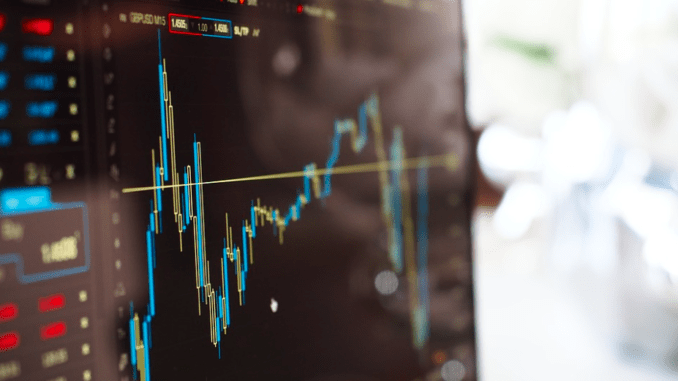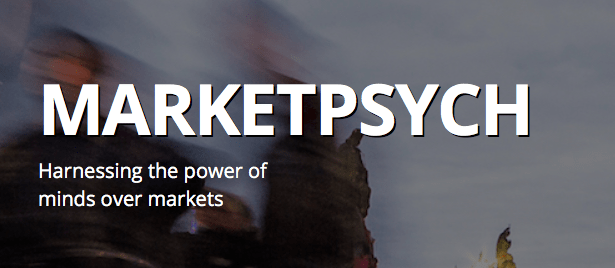
Global professional information and software company, Thomson Reuters, has launched a machine learning system that performs ‘sentiment analysis’ to help people better trade the top 100 cryptocurrencies.
While most readers will know of Thomson Reuters’ ventures into machine learning systems in relation to its managed legal services arm after leveraging legal AI company, eBrevia (see story here), the reality is that the company’s other branches are also making use of similar technology. In this case, to develop what is called sentiment analysis to give traders an edge.
Sentiment analysis is a machine learning system that collects data, often from social media and news feeds, then analyses the information using NLP and compares it to evolving benchmarks to decide what ‘the mood of the market is’ in relation to a particular company, asset or currency. That information can then be exploited to make more informed trades. In this case in cryptocurrencies, which globally are at present worth around $280 billion in total.
The same technology is used in the US by jury behaviour analysis legal AI companies to get a better understanding of how a person may respond to a legal argument during a court case (see story here).

The system monitors more than 2,000 global news and 800 social media sites in real-time, yielding 43 themes and sentiments on the top 100 cryptocurrencies. Historical data dates back to 2009.
The move is part of a wider project launched in 2012 called Thomson Reuters MarketPsych Indices, which analyse news and social media in real time for other asset classes.
To help identify the predictive value in this data it is accompanied by visualisation tools and a suite of quantitative research results developed by MarketPsych to help traders ‘identify influential themes and more rapidly develop actionable strategies’.
Interestingly, a Thomson Reuters survey released in April 2018, found that approximately 20% of financial firms indicated they are considering trading cryptocurrency over the next 3 to 12 months.
Pradeep Menon, Managing Director, Global Head of Investing and Advisory, Thomson Reuters, said: ‘The Thomson Reuters cryptocurrency survey revealed a shift in the market, with cryptocurrencies gaining some mainstream acceptance and financial institutions looking to start trading them over the coming months. Adding a cryptocurrency-focused sentiment feed to our suite of cross-asset solutions has therefore enabled us to provide our customers with invaluable insights that may help them make strategic investment decisions.’
The company added that all of this is useful because sentiment analysis can help to:
- Foresee important price moves using an understanding of how investors process news.
- Make more profitable investment decisions by identifying when prices are trending, when trends are turning, and when sharp market moves are likely to reverse.
- Use media sentiment to improve value and momentum investing returns.
- Avoid the pitfalls of unique price patterns found in commodities, currencies, and during speculative bubbles.
So, there you go, there is much more to Thomson Reuters than meets the legal eye when it comes to wielding AI technology. And it would be great if the different divisions of the global company could pool tech resources to produce even more powerful legal tech applications that exploit machine learning and NLP.
Could Thomson Reuters produce its own jury behaviour analysis system, or venture into case prediction, or build upon where it has got to with eBrevia by adding new layers of value on top of the extraction capability? Who knows what’s possible when a huge company with such massive resources brings together all its tech capabilities to create new products?
4 Trackbacks / Pingbacks
Comments are closed.